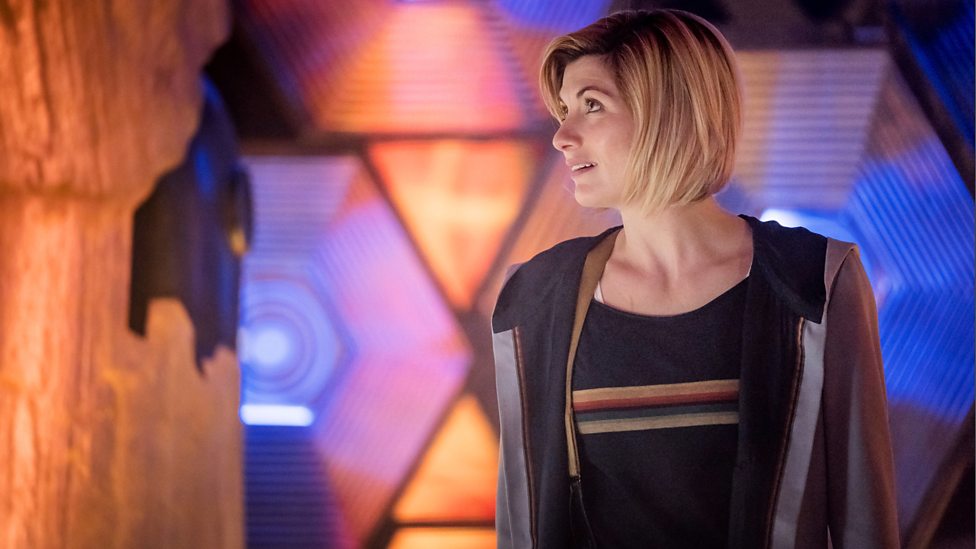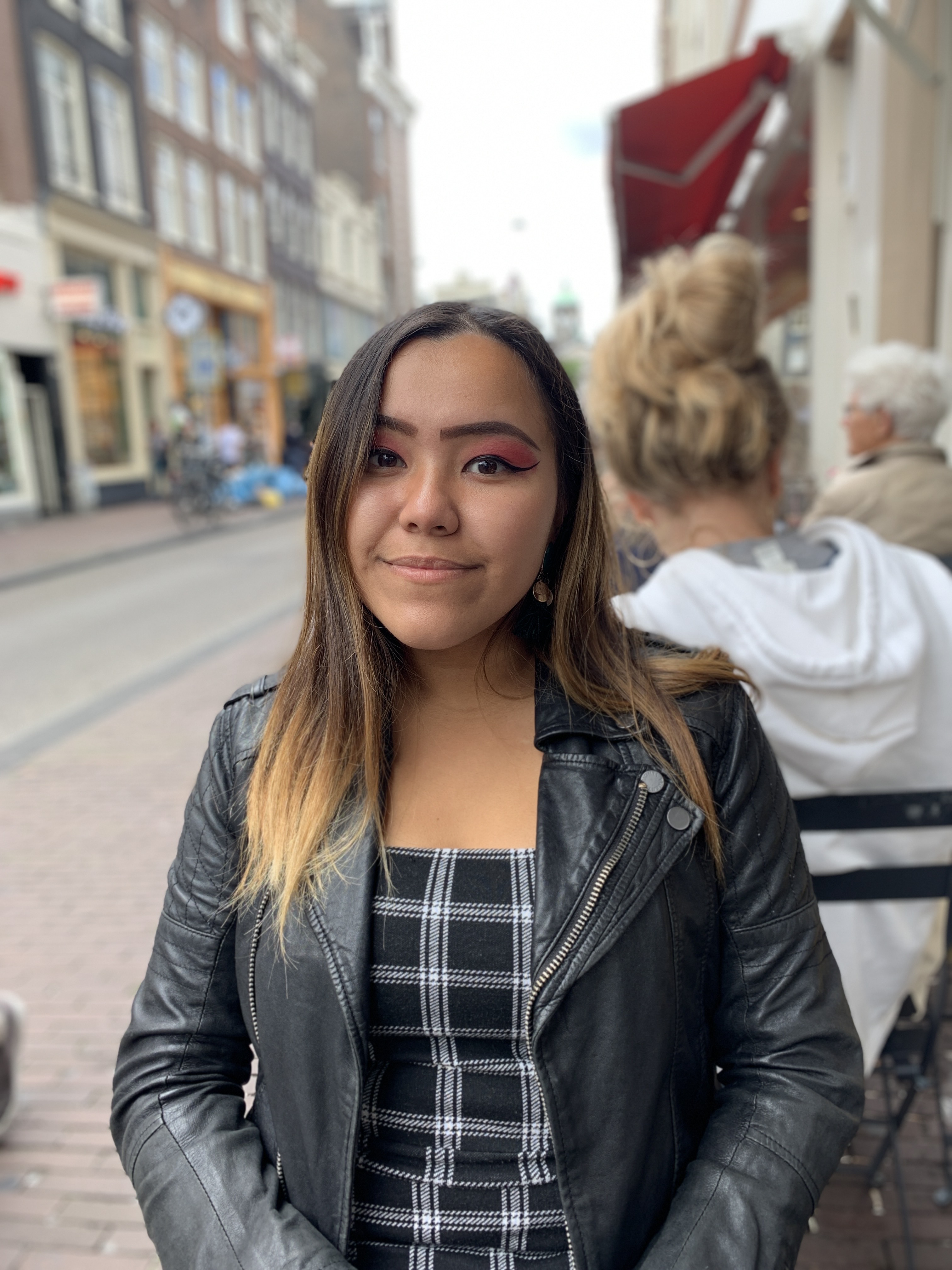The new season of Doctor Who first aired just five weeks ago, and has already sparked some intense discussion about the issues on screen. The show has a long history of educating children about a number of topics, but what can it teach us about human rights?
The show, now in its 11th season, is a staple of British culture. People all over the country grew up with the classic series of the show, while many young adults and children nowadays were introduced to it when it was rebooted in 2005.
Since then, a whole new generation has been exposed to storylines set in the past, present and future, as well as the customary outer space, with a focus on teaching something new and sparking discussions.
Founded in the 1960s, the show’s creator Sydney Newman always saw the show as a semi-educational outlet for children, and the latest series has been making an effort to return to its roots, with a source telling The Mirror, “it’ll be fascinating to see the gang from 2018 having a good rummage around in big important events which have changed the course of history.”
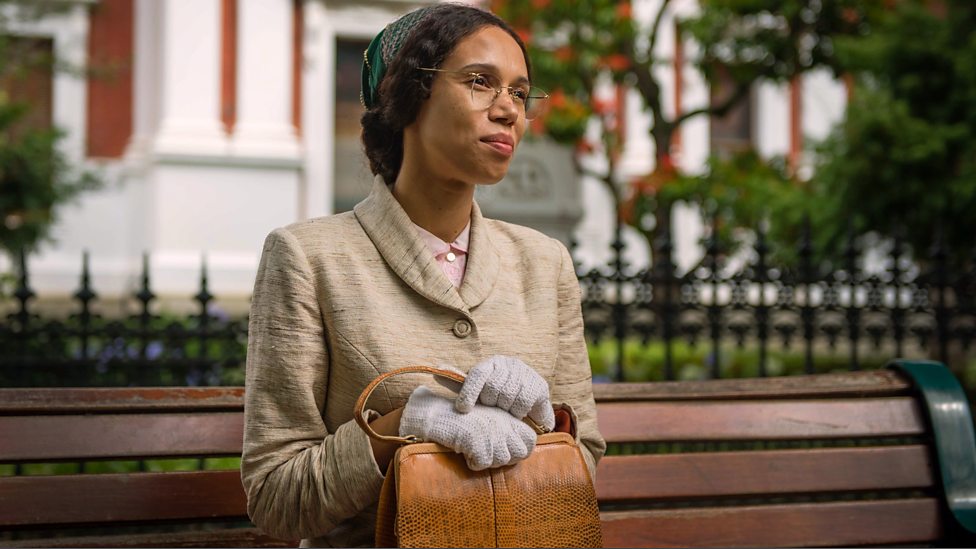
Vinette Robinson as Rosa Parks in Season 11, Episode 3 ‘Rosa’. Image Credit: BBC
The recent season has introduced companions Ryan and Yaz, who are black and of Pakistani heritage respectively. While their race is rarely, if ever, remarked upon in most of the recent episodes, Episode Three Rosa sparked a poignant debate among Doctor Who fans.
It saw the Doctor and her companions land in 1950s Alabama, where they meet prominent civil rights activist Rosa Parks, who famously refused to give up her seat for a white person on a segregated bus, leading to her arrest and sparking off a series of events which changed history.
It’ll be fascinating to see the gang from 2018 having a good rummage around in big important events which have changed the course of history.
Doctor Who Source
Penned by children’s author Malorie Blackman and showrunner Chris Chibnall, it was well-written and natural, showing the ‘Tardis Team’ trying to stop a criminal from the future interfering with Parks’ activism and thus halting the progress of the Civil Rights movement.
It was a tale that struck an emotional chord, with many Twitter users reduced to tears throughout the episode, and garnering praise for its use of words like “negro” and “paki” by Yaz and Ryan to highlight how racism is still prevalent in today’s society.
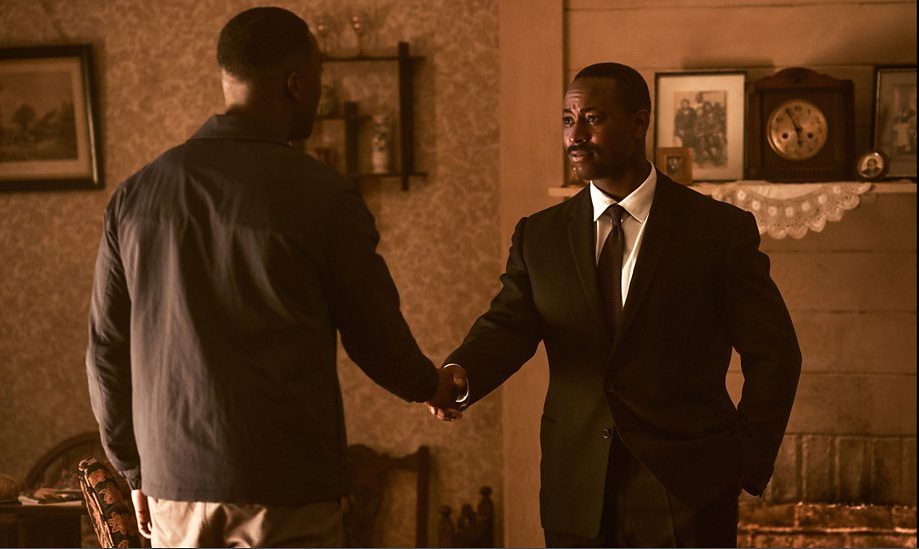
Tosin Cole as Ryan Sinclair and Ray Sesay as Martin Luther King, in Season 11, Episode Three ‘Rosa’ (Image Credit: BBC)
This isn’t the first time that Doctor Who has enabled debate and discussed race. During David Tennant’s incarnation as The Doctor, his companion Martha Jones (Freema Agyeman) was referred to as a “Queen of Africa” in The Shakespeare Code and treated poorly due to her race by a female nurse in Human Nature and The Family of Blood.
All these episodes have challenged historic notions of racial superiority and continue to show us how far we have come – as well as how far we have yet to go.
When Martha, who has trained as a doctor herself, attempts to help with injuries, the nurse scorns her and does not believe that she is a doctor as she is a black woman. Again, in Season Ten’s Thin Ice, Peter Capaldi’s Doctor strikes someone due to their treatment of his companion Bill Potts, who is also black. All these episodes challenge historic notions of racial superiority, showing how far we’ve come – as well as how far we have yet to go.
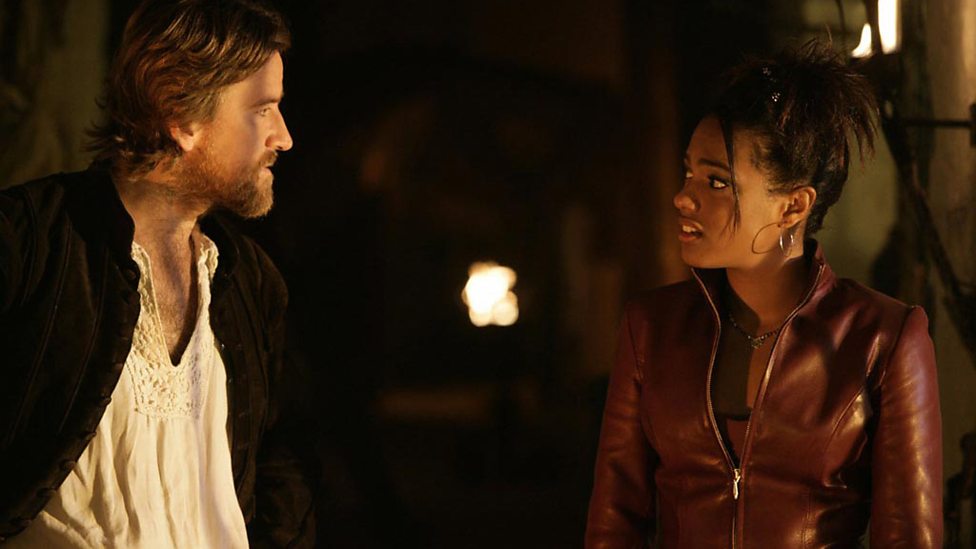
Dean Lennox Kelly as William Shakespeare and Freema Agyeman as Martha Jones in Season Three, Episode Three ‘The Shakespeare Code’ (Image Credit: BBC)
In the present, and the future, according to Rosa, people are experiencing racism every day and the civil rights that activists like Rosa Parks and Martin Luther King (who also makes an appearance in the episode) fought for are being stripped in small but significant ways.
It’s shows like Doctor Who that are able to teach us, and future generations, that there is still so much work to be done regarding the equal human rights of everyone in the world.
This is particularly eye-opening as people of colour (POC) are increasingly being discriminated against in both the United States and here in the UK. Things like voter registration laws, detention in immigration centres and police brutality are habitually disenfranchising and disproportionately affecting POC. It is shows like Doctor Who that are able to teach us, and future generations, that there is still so much work to be done regarding the equal human rights of everyone in the world.
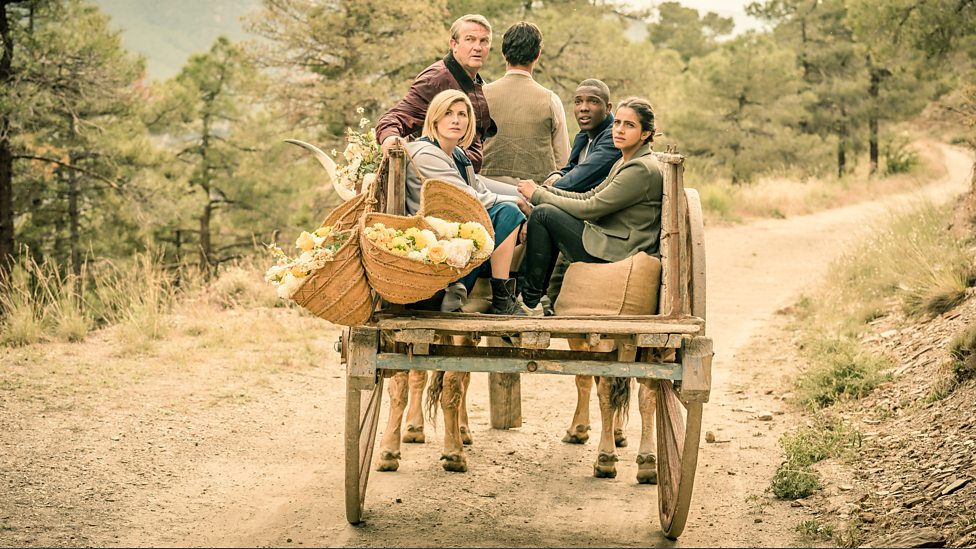
The ‘Tardis Team’ in the upcoming Demons of the Punjab (Image Credit: BBC)
Demons Of The Punjab, part of the latest series, leads the Doctor and her companions to India in 1947, during the time of Partition. Partition in 1947 saw the nation divided into what we now know as Pakistan and India and will likely raise questions about British rule in the region during the early 20th century. Many human rights atrocities, such as the infamous Amritsar Massacre where hundreds of unarmed demonstrators were killed, were carried out and it’s vital we don’t forget about them.
Doctor Who is doing what it has always done. Present its audience with great storylines that are simultaneously entertaining and informative.
The episode sees Yaz being able to meet her grandmother at a young age, calling into question the long-lasting effects of historical events. Most young people in the UK will not get a chance to learn about Britain’s rule in India unless they study History at A-Level. This episode might be the only way for them to learn about it.
Some fans have claimed this season to be “infused with propaganda” or “too PC” but in reality Doctor Who is doing what it has always done: present its audience of children and adults alike with great storylines that are simultaneously entertaining and informative. Doctor Who has always marketed itself as a Sci-Fi show that also aims to educate and invite you to think again, especially on topics such as ethics and morality, so why should human rights and social justice issues be any different?

